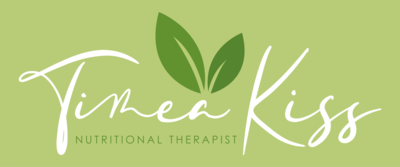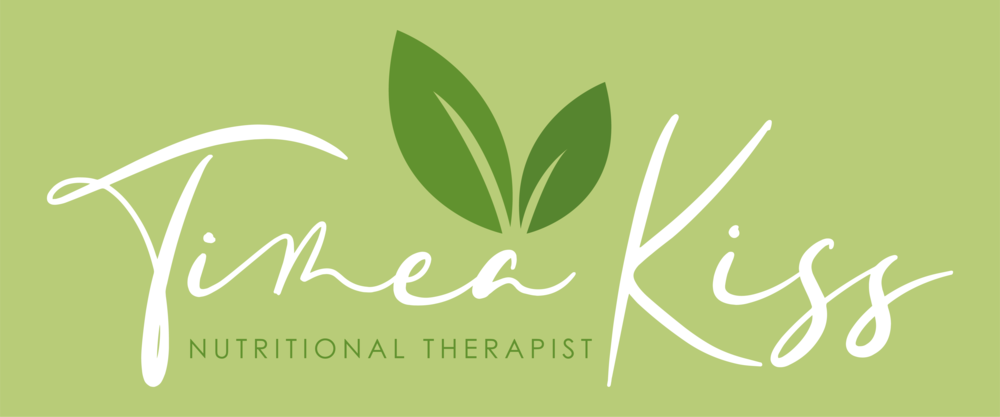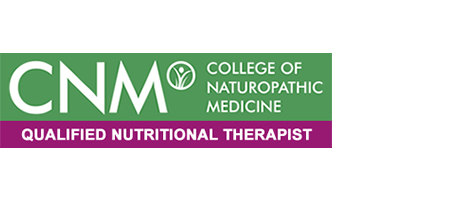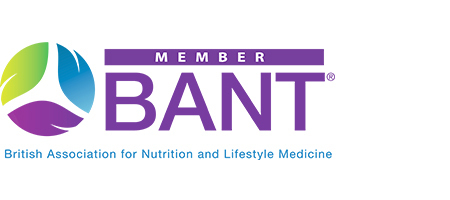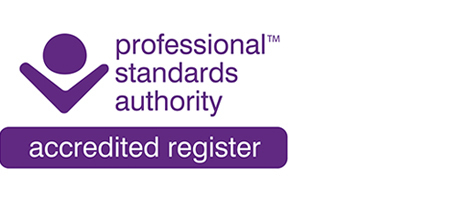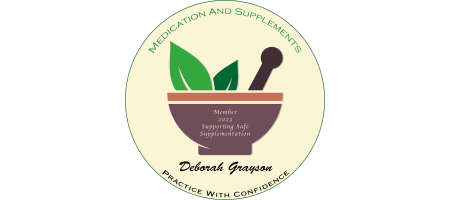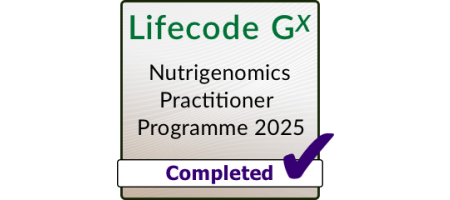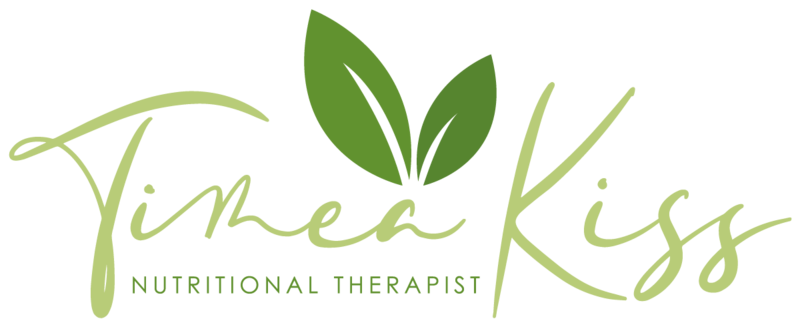Why Do I Always Get Sick When I Go on Holiday?

posted 31st July 2025

The Surprising Link Between Stress, Immunity and Downtime – From a Functional Medicine Perspective
Have you ever looked forward to your holiday, only to find yourself feeling under the weather the moment you finally get to relax? You’re not alone. Many people report falling ill just as they step off the plane, or within the first few days of their much-anticipated break. But why does this happen?
From a functional medicine perspective, this phenomenon is far more common than you’d think – and it’s not a coincidence. It’s the result of living in a chronically stressed, overstimulated state where your body has adapted to “survival mode”. The moment you finally slow down, your system crashes.
Let’s unpack what’s going on.
The Science Behind the "Leisure Sickness" Phenomenon
Researchers have dubbed this phenomenon “leisure sickness” – a term formulated by Dutch psychologist Ad Vingerhoets. It refers to the onset of flu-like symptoms, headaches, fatigue, muscle pain, or even nausea that often occur at the beginning of weekends or holidays in high-performing individuals [Vingerhoets et al., 2002].
Functional Medicine Insight: Chronic Stress and Suppressed Immunity
In functional medicine, we explore how chronic stress impacts every bodily system. When you’re operating in a high-stress environment — juggling work, family, and other responsibilities — your body is running on adrenaline and cortisol, your main stress hormones.
These hormones are designed to keep you alert and help you “push through” in the short term. But when stress becomes chronic, it suppresses your immune system, gut function, sleep quality, and detoxification pathways. You might not notice these effects until you stop.
Once you go on holiday and your cortisol levels begin to drop, your body finally feels “safe” enough to allow symptoms to surface – such as viral reactivation (e.g. cold sores), increased inflammation, or immune system crashes.
Top Functional Triggers for Getting Sick on Holiday
Here are the key mechanisms that might be at play:
1. Cortisol Withdrawal
While you’re in “go mode,” cortisol acts like a powerful anti-inflammatory. When levels drop suddenly during rest, underlying infections, inflammatory issues, or suppressed symptoms can re-emerge.
2. Adrenal Dysfunction
Constant stimulation of the adrenal glands can lead to dysregulation. When you rest, your body may struggle to maintain normal energy levels, leading to fatigue, dizziness, or even catching bugs easily.
3. Nervous System Imbalance
Most people operate predominantly in sympathetic dominance (fight or flight). On holiday, you shift into parasympathetic mode (rest and digest), but if your system is not used to it, the adjustment can feel like “crashing”.
4. Gut-Immune Axis Dysregulation
Chronic stress impairs gut motility, microbiome diversity, and mucosal immunity. On holiday, changes in food, water, alcohol intake, or even relaxation can trigger symptoms like bloating, diarrhoea, or infections.
What Can You Do to Prevent Getting Sick on Holiday?
Here are some functional medicine-based strategies to prepare your body for rest without the crash:
1. Pre-Holiday Wind-Down Plan
Instead of running at full speed until the moment you leave, begin your wind-down 1–2 weeks before:
- Reduce caffeine
- Prioritise sleep
- Set boundaries at work
- Begin daily mindfulness (e.g. 10 minutes breathwork/yoga)
2. Support Your Adrenals
Use adaptogens like ashwagandha, rhodiola, or holy basil under supervision. Ensure optimal intake of:
- Magnesium (especially glycinate)
- B vitamins
- Vitamin C
These support the HPA axis and nervous system.
3. Train Your Nervous System
Incorporate daily Vagus nerve stimulation: try cold showers, humming, singing, deep breathing, or gentle yoga to help your body learn how to shift into “rest and repair” mode before your trip.
4. Eat to Regulate Inflammation and Immunity
Focus on:
- Omega-3-rich foods (salmon, flaxseeds, walnuts)
- Colourful vegetables (antioxidants)
- Fermented foods (sauerkraut, kefir)
- Hydration and mineral-rich broths
These help buffer the immune system and support gut function.
5. Don’t Overpack Your Itinerary
Plan “buffer days” at the start of your holiday. Avoid jumping into activities right away – give your body time to gently adapt.
When to Seek Help
If you always get sick on holiday, or experience ongoing fatigue, gut issues or low immunity, this may be a sign of chronic dysregulation in your stress response, immune function, or gut health. In functional medicine, we would look deeper with tests such as:
- Adrenal hormone testing (DUTCH test or salivary cortisol rhythm)
- Comprehensive stool analysis (e.g. GI360, GI EcologiX)
- Nutrient status (magnesium, zinc, B12, etc.)
Your body is wise. If it’s breaking down only when you stop, that’s a signal something needs to change. The answer isn’t just avoiding holidays – it’s building resilience so your system feels safe to rest without falling apart.
If you’ve noticed this pattern in yourself or a loved one, don’t ignore it. There is a root cause, and with the right support, your holidays can become restful and energising again.
Want to Get Your Health Back on Track Before Your Next Break?
Book a free 30-minute clarity consultation with me to explore how functional medicine and personalised nutrition can help you build lasting resilience.
Timea Kiss
Registered Nutritional Therapist | Nutrigenomics Specialist | Functional Medicine Practitioner| UK & EU online consultations available
📩 Email: office@timeakissnutrition.com
🌐 Website: www.timeakissnutrition.com
References:
Vingerhoets, A. J., Komproe, I. H., & van Heck, G. L. (2002). Leisure sickness: A pilot study on its prevalence, phenomenology and background. Psychological Reports, 91(3), 1337–1343.
McEwen, B. S. (2007). Physiology and neurobiology of stress and adaptation: Central role of the brain. Physiol Rev, 87(3), 873–904.
Sapolsky, R. M. (2004). Why Zebras Don’t Get Ulcers: An Updated Guide to Stress, Stress-Related Diseases and Coping.
